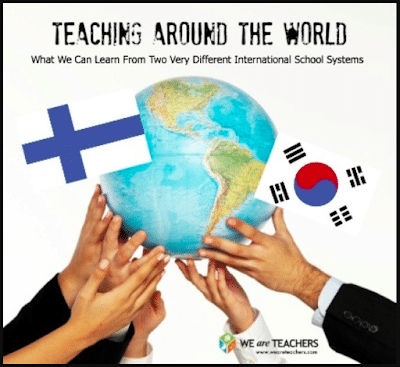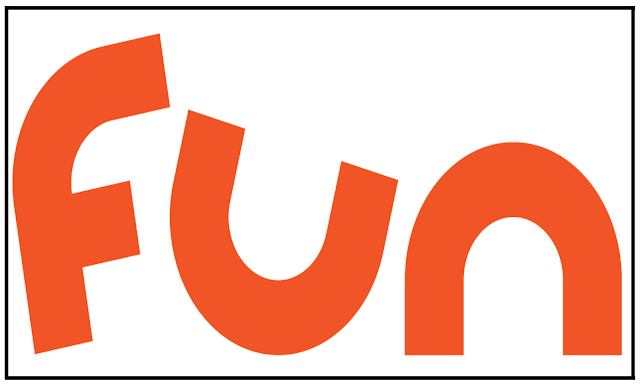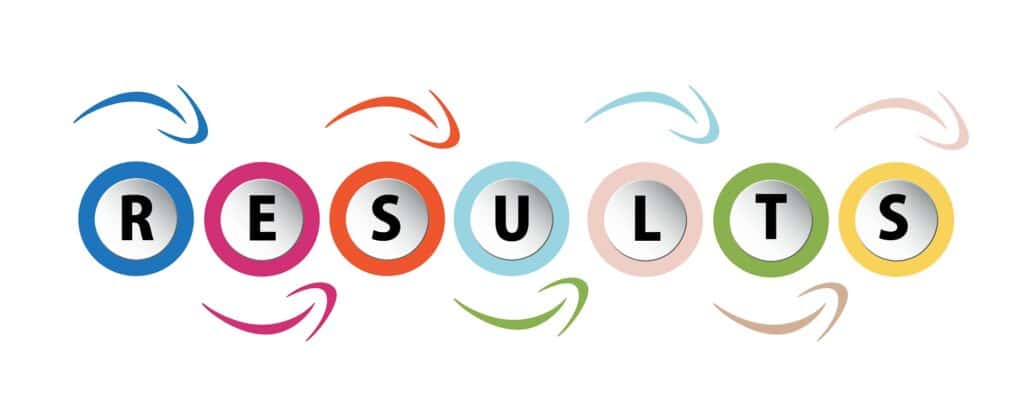
I am often struck that there are two contrasting models of excellence in education – at least in the popular press. One comes from Finland, where there is minimal testing, plenty of extracurricular choice, and where a fundamental premise seems to be intrinsic motivation and the value of individualism. Students have a short school day, and experiences outside the classroom are highly valued. The other comes from Korea, which emphasises extensive testing, intense emphasis on academic work, very long hours and an extensive tuition industry. Historical practices tying socioeconomic success to examinations means that exam culture is deeply engrained as a cultural practice, and conformity is required.
These two systems take strikingly different approaches; both seem to be topping the international educational leagues (whatever that is worth). I’ve worked in schools which sit towards both ends of this spectrum, and now my own school – UWCSEA in Singapore – sits squarely in between these two extremes. Our holistic, liberal progressive approach sits within a driven Confucian work ethic. We value both individualism and community; our massive Service and Activities curriculum exists alongside the out-of-school tuition culture.
I don’t want to make it sound like all is perfect; while we get excellent academic results, we could raise them if we dropped other elements of our Learning Programme, and sitting alongside those in our community who think we place far too much emphasis on academics are those who would happily drop everything else (and it would be wrong to reduce this to nationalities – last week I spoke to two Indian parents with diametrically opposed views).
So what can we learn from this continuum of approaches? We have a great deal in common with both Finland and Korea (belief in the value of education; high ambitions for students; high status of teachers) but also some very significant differences (we a far more multicultural community; we are a single school, not a system). I am reminded of Dylan Wiliam’s message to anyone who tries to draw absolute laws from a diverse and contextual human world: everything works somewhere, nothing works everywhere.
I think a lot comes down to what we think are the fundamental purposes of education. Is it to develop students who are work-ready for today? Or for tomorrow? Who will conform to social norms? Or who will challenge them? Students who are deeply embedded in their own culture? Or able to switch between several others? Who will go along with and succeed in the world as it is? Or who will disrupt it, and strive – likely at some discomfort to themslves – to make the world a better place?
These are questions that sit well in any educational discourse; they also come down to even more fundamental issues. In his essay on Modern Education and the Classics, T. S. Eliot argued that to think about the aims of education is also to think fundamental ends and purposes as human beings: Education.. is a subject which cannot be discussed in a void: our questions raise other questions.. and the bearings are on more ultimate problems even than these: to know what we want in general, we must derive our theory of education from our philosophy of Life.
So what can we learn from Finland or Korea? I would argue that the biggest lesson is that we need to be aware of our own purposes, values and identity. The rest follows.



3 Responses
Having taught students and interacted with educators from the two countries, I did notice some commonalities. Both cultures genuinely respect teaching as a profession and trust the educators and their role in the moral upbringing of their kids. The Finns have truly disrupted collaborative and team teaching to genuinely make a dent on equitable learning, particularly in their public schools, where the graduation rates are over 90%, the major reason being equitable distribution of human and material resources and simplified curricular goals across the board. Having said that, I'm still waiting to see how they would sustain their progress in light of increased immigration. On the other hand, I am equally impressed by the premium the Korean schools place on non-cognitive skills of strong work ethic, grit, and persistence in the face of failure. I think we can distill the essence of the two and adapt their insights according to our respective schools' mission and vision.
– Vee
This comment has been removed by a blog administrator.
Hi Vee
Yes, both cultures respect teachers highly; I think though that that is a reflection of both valuing education, and the teacher-respect follows. So why do they value education, and what is it about education that they value? As you say, in Korea the qualities of work ethic and grit; in Finland probably more related to equality of opportunity and intrinsic motivation. The similar level of cultural homogeneity in both countries is a striking feature (but notably absent in another very high ranking country – Singapore).